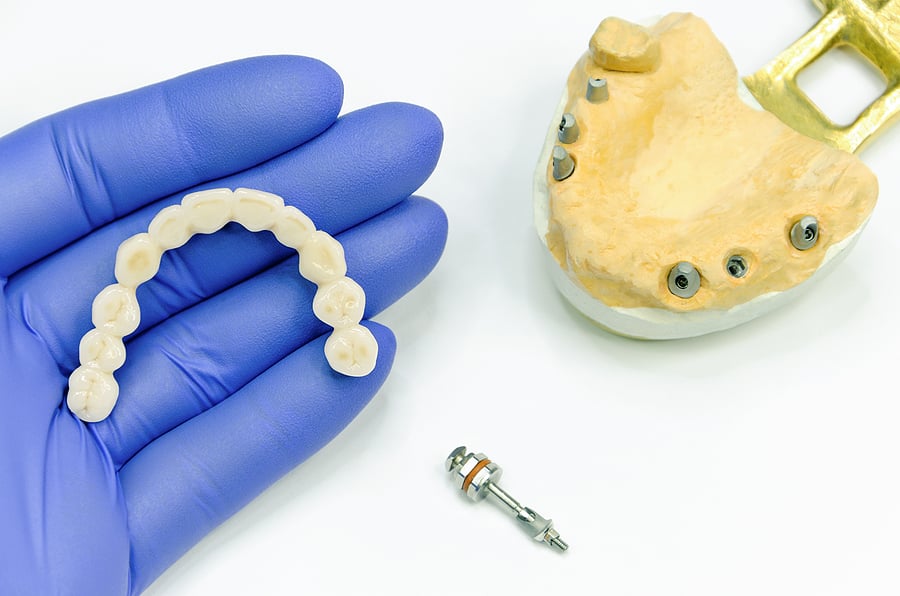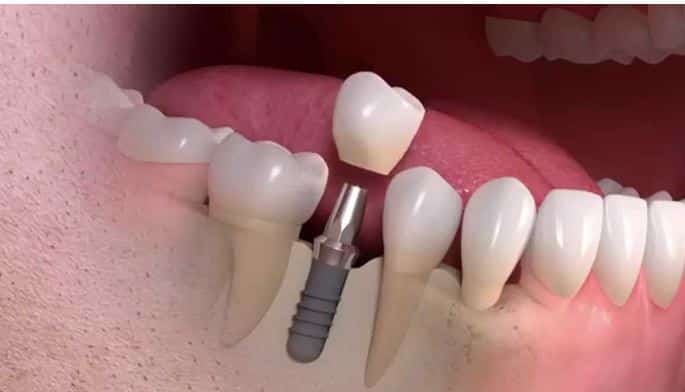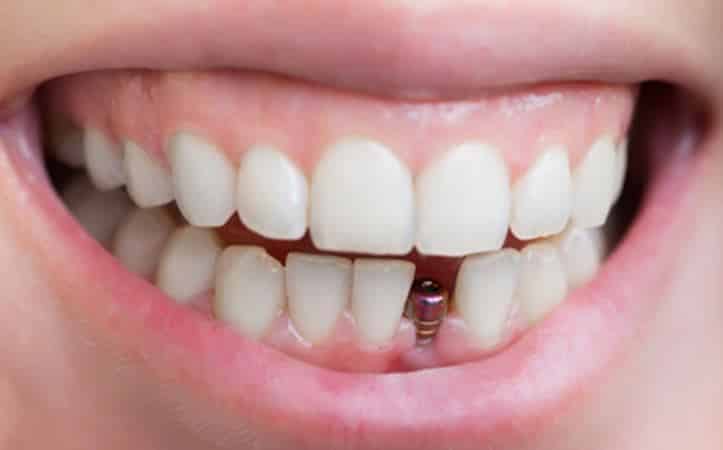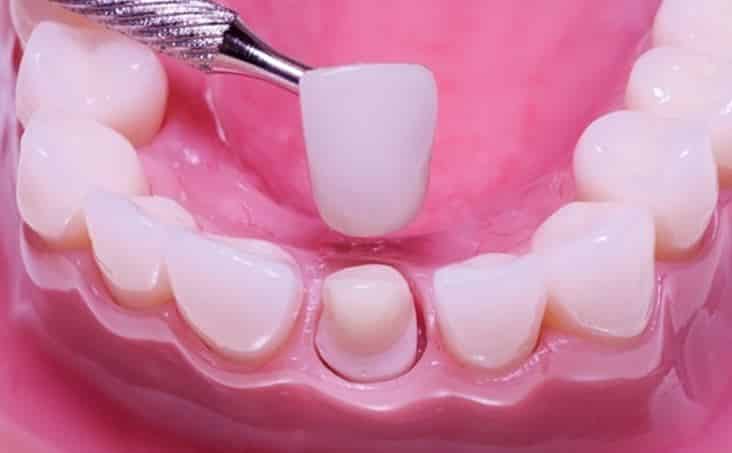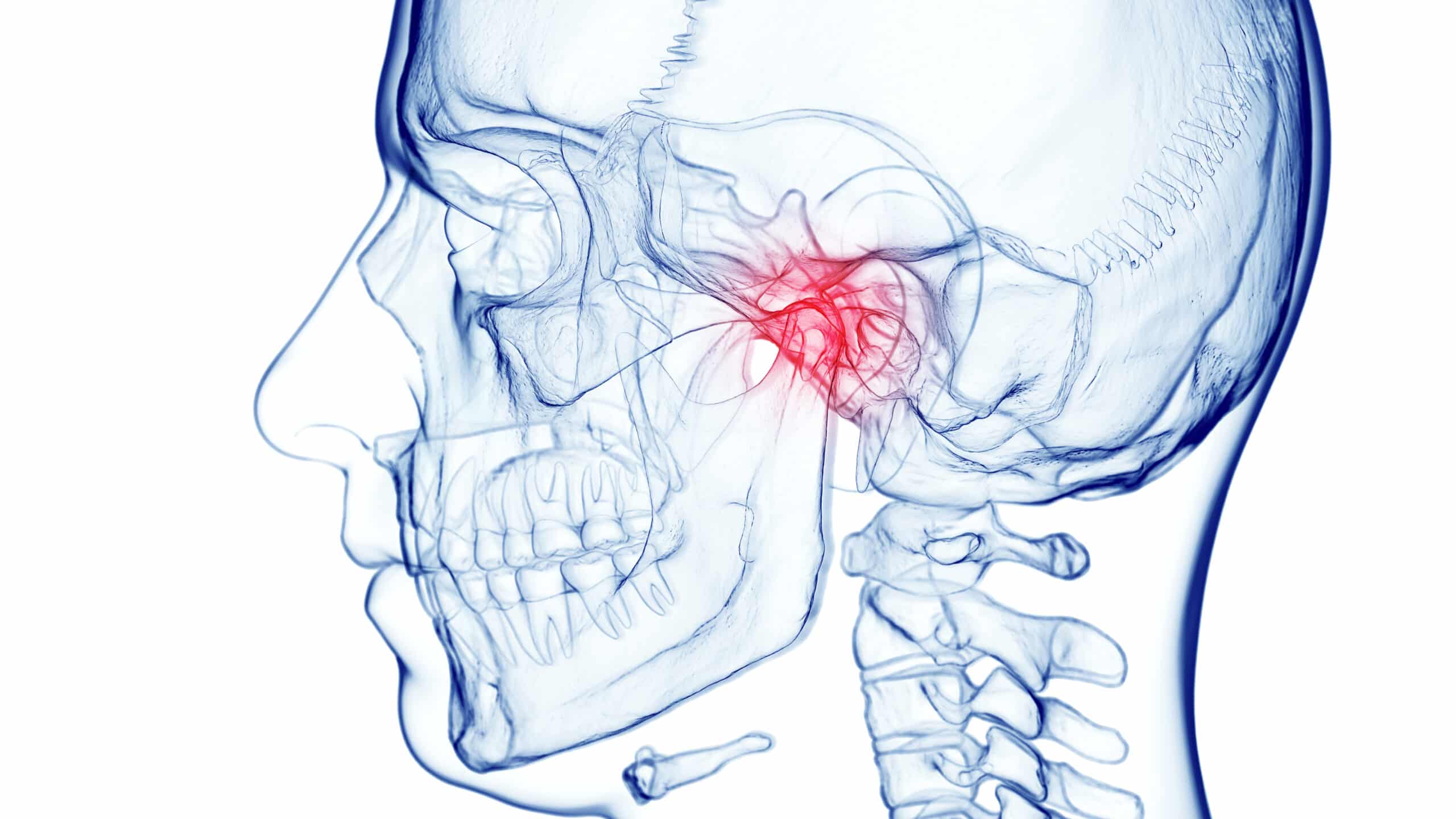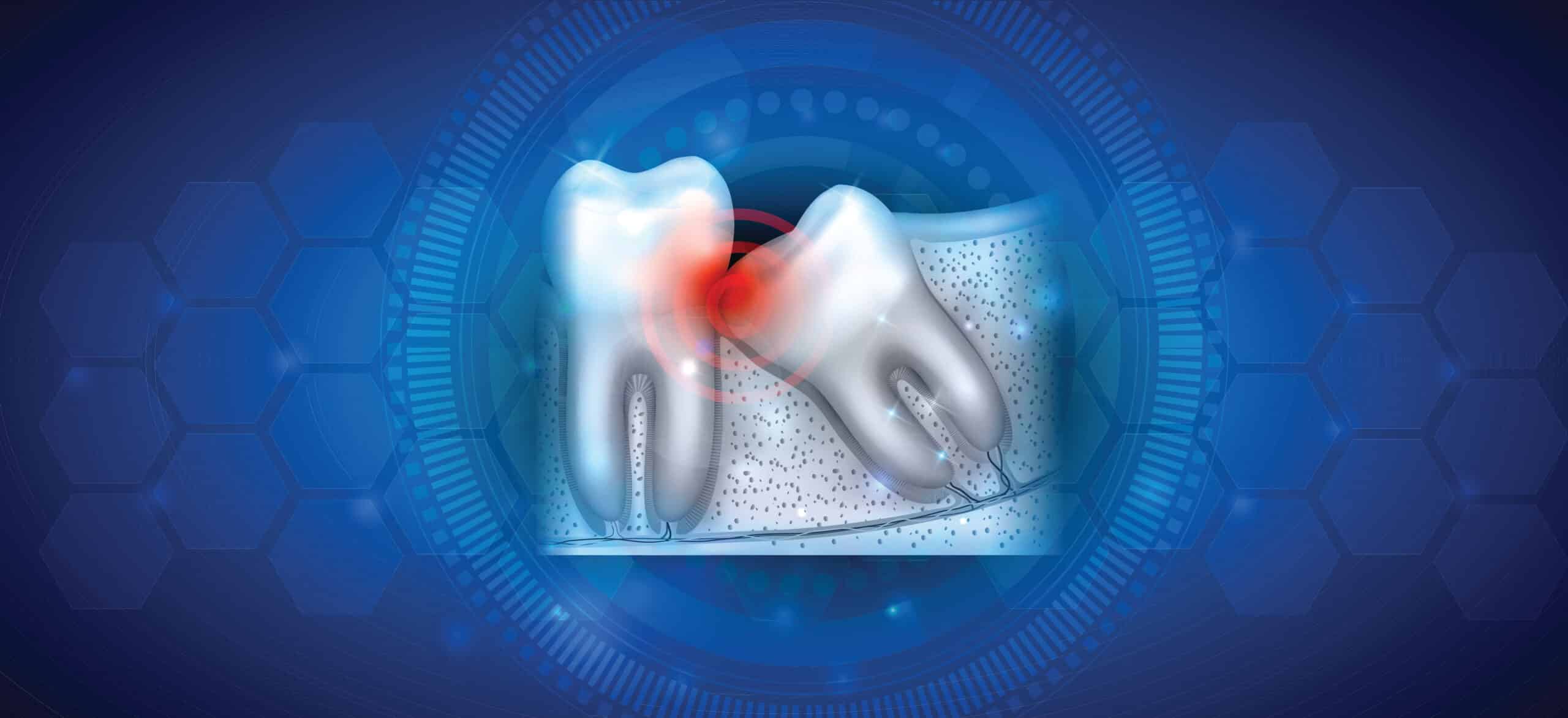Since the COVID-19 outbreak was declared a pandemic on 11th March 2020, several dental care facilities in Canada have been completely closed while some have only been providing treatments for extreme emergency cases.
This may affect the dental health of most people in a negative way, especially those who had problems with their dental implants, and led to a greater tooth loss among many than was otherwise expected.
More so, there were those who had wanted to explore the options of dental implant procedures for their dental health before the outbreak and still wish to do so.
Luckily, following the recent Government’s update, most dental implant clinics have re-opened for treatment but with only limited service delivery to existing patients.
They are operating minimally but with the expectation to commence treatment fully and for new patients very soon.
During this uncertain time, most dentists have been working pretty hard to ensure the safety of both their staff and patients as some patients are more nervous about visiting their dentist than normal.
In the meantime, it is expected of every dental implant center to approach dental implant procedures in a new dimension so as to factor in the necessary safety guidelines to prevent the spread of coronavirus.
Are you a dental implant specialist?
Here are some useful tips to help you resolve any possible dental implant related concerns you may have and reassure your patients of the safety of both their dental health and general well-being.
For Recently-Inserted Dental Implants
If you’ve inserted dental implant(s) for a patient in the last week or a couple of weeks ago, you’ll be planning to have the stitches removed soon.
During the dental implant procedure, you must have used stitches that are either dissolvable or not.
If the stitches are dissolvable, then it’s not necessary for the patient to visit your dental practice, let him/her stay safe at home. You may only place a call to check how the patient is doing.
However, if the stitches are not dissolvable, you would have to arrange an appropriate and safe time to have them removed.
For 3-month Healing Phase
Normally, dental implant procedures require the patient to go through a healing phase, known as osseointegration, which lasts for about three months.
This period allows the jawbone to heal up and accommodate the implant that protrudes through the gum.
Therefore, after the initial stage where the implant(s) was inserted, the patient will have a 3-month gap (healing period) before the next stage of dental implant procedure – implant exposure.
Due to this uncertain time, most of your patients may be locked down, restricted, or isolated and have to wait longer than 3 months before having the next stage carried out.
You should reassure them not to worry as no harm will be done to them or their implant if the 3-month healing phase is exceeded or if they do not undergo the next stage immediately after 3 months.
More so, let your patients know that the “implant expose” stage can be carried out at any time after the 3 months gap.
Implant Expose
As stated above, this stage is usually carried out 3 months after inserting the dental implant(s).
This procedure involves having a small circular disc, known as the healing abutment or healing cap, placed onto the dental implant(s).
This is to prevent the gum from healing over the top of the implant screw and closing the hole.
Some of your patients might have already undergone this stage of dental implant treatment. Make them understand the importance of keeping this healing cap/abutment very clean always.
Your patients must brush the healing cap/abutment directly with their toothbrush at least twice daily to keep it clean just like they would do to their natural teeth.
If this is done regularly, then no harm will be done to the healing cap/abutment.
Keeping the healing cap/abutment as well as the gums around it clean and healthy will minimize any risk of dental problems or implant failures.
A common problem with healing cap/abutment is that it can become loose over time.
Reassure your patients that if this happens, they should not be concerned but instead go on with brushing it.
Let them know that the healing cap/abutment may soon unwind fully and drop off.
When this happens, they are to keep it in a safe place. However, the gum may heal over the top of the implant screw and close the hole.
Under the current government guidelines, this is not indicated as a dental emergency and so your patients do not need to visit your dental practice for any treatment.
Nevertheless, connect with your patients to know the current state of their implant(s) and whether or not any further intervention is required.
It will be very helpful if they can send you a picture of their cap.
This will help you to make a note of their situation and plan an appointment with them as soon as possible.
Teeth and Jawbone Impressions
It’s possible that you have already taken impressions (moulds) of some of your patients’ teeth and jawbone to begin the preparation of their dental crown.
However, the ruling Government’s decision as regards restrictions and social distancing coupled with the advice of the governing dental body on not using any aerosol-generating procedures have significantly limited dental labs on the work that may be done.
Some dental labs are currently closed for such dental operations.
Nevertheless, reassure your patients that when it’s time for them to get their new teeth, all necessary adjustments will be made and any discrepancy will be fixed with minimal disruption.
More so, let them know whether or not they will be charged for these.
Completed Treatment
Patients who had already completed their dental implant treatment with you would have been placed on your dental implant recall list for check-ups.
However, this uncertain time may cause the implant check-up to be postponed until normal dental services (both essential and nonessential) resume full operations.
Note: Don’t forget that you need to always test your patients and sanitize them as they come for their consultation, appointment, or implant treatment. You also need to put on PPE and always disinfect your clinic and prevent the use of Air Conditioners during aerosol-generating procedures.
The following are less-complicated cases that may affect dental implants:
Loss of a healing cap/abutment
As stated above, the healing cap/abutment is a small metal stopper inserted into the dental implant to facilitate the healing process.
Occasionally, the healing cap/abutment may become loose during the healing phase. However, this is not a major concern and can stay out all through the healing period and beyond.
Nevertheless, a new cut may be made on the gum to access the implant screw if the gum has closed the hole.
Loose dental implant
This is an uncommon event and occurs in rare cases depending on the quality of the dental implant(s) used.
The dental implant is supposed to have integrated with the jawbone during the 3 months osseointegration period.
However, if the dental implant becomes loose, your patient should inform you as soon as possible before the implant eventually falls out of place and the affected gum area heals up.
You may need to schedule an appointment as soon as possible with the patient to make appropriate arrangements for further treatment.
Loose dental crown
This usually occurs either due to poor practices from the dental implant specialist (cement failure) or poor maintenance practices from the patient.
Either way, once the dental crown has gotten off, inform the patient to keep the dental crown in a safe place and always keep the mouth area where the crown got off clean while you schedule an appointment for further treatment.
However, if the loosed dental crown is causing pain, an immediate appointment may be scheduled to prevent complications.
The prosthetic tooth is either made from inferior materials or the patient has used the tooth wrongly.
This is not a complicated or emergency case and no immediate dental treatment is necessary.
Treatment may be postponed until dental implant practices resume normal service.
However, the following complications may also occur and would demand emergency care:
- Pain, swelling of the gum or facial swelling associated with the dental implant or neighbouring tooth/teeth.
- Trauma due to a fall, fracture due to road traffic accident (RTA), loosen dental implant or teeth.
- Soreness or redness of the gum around the dental implant(s). This could be as a result of plaque build-up.
- Difficulty in chewing with the dental implant(s). This could be as a result of gum inflammation caused by the loosening dental crown or bridge, or as a result of bacterial infection.
- Noticeable swelling around the dental implant(s) or gum(s). This swelling may sometimes spread to the eye, neck, or across the mouth.
Although proper cleaning, using warm salty water, or using an antiseptic mouthwash for about 5 to 7 days may settle down most of the complications listed above.
But if any of the problems with the dental implant persist, an immediate appointment with the dental implant specialist is recommended for emergency care.
Conclusion
To ensure utmost medical professionalism as a dental implant specialist, you need to curb the spread of coronavirus and consequently reassure and reinstate confidence in the minds of your patients.
The approaches stated above would help you and should be implemented until normal dental services resume.
Lastly, these approaches will give your patients a sort of relief that your dental practice is a barrier and not a source to the spread of infection.

